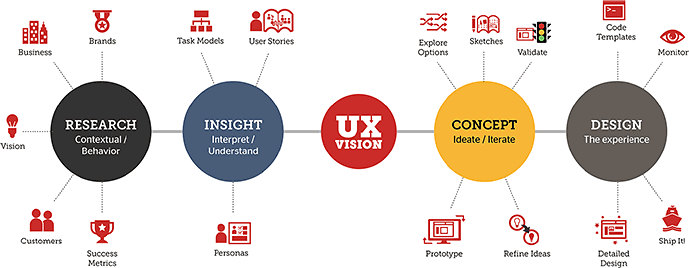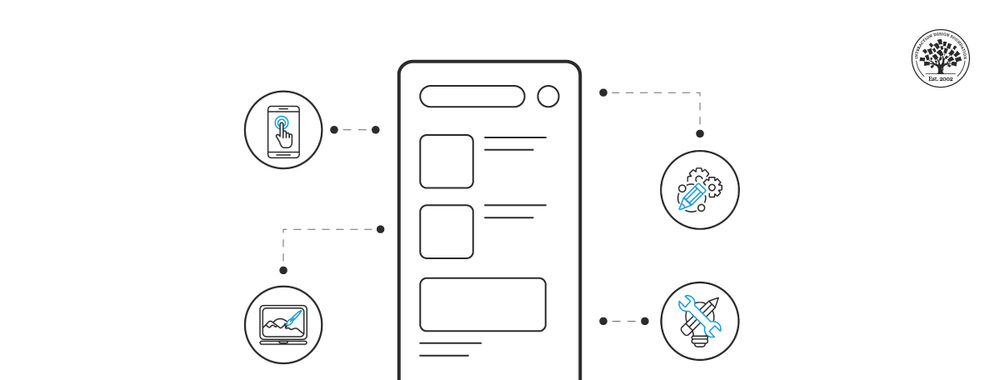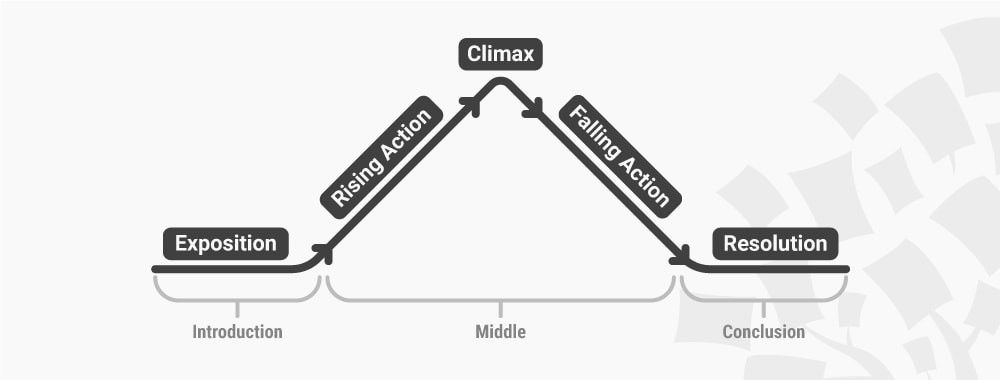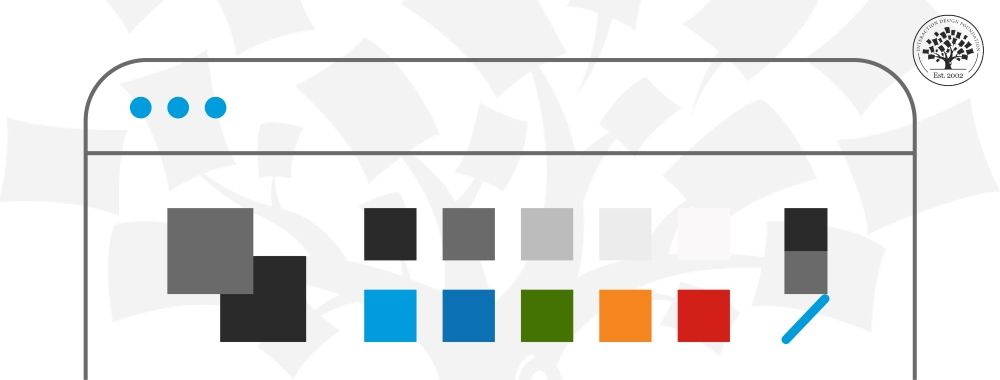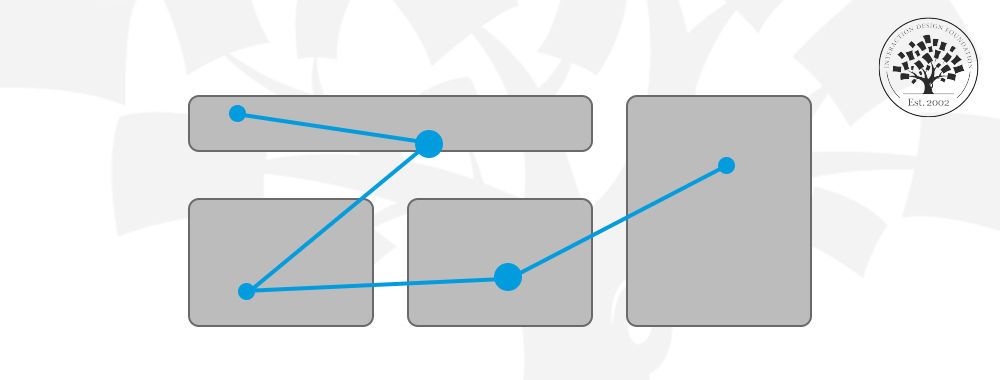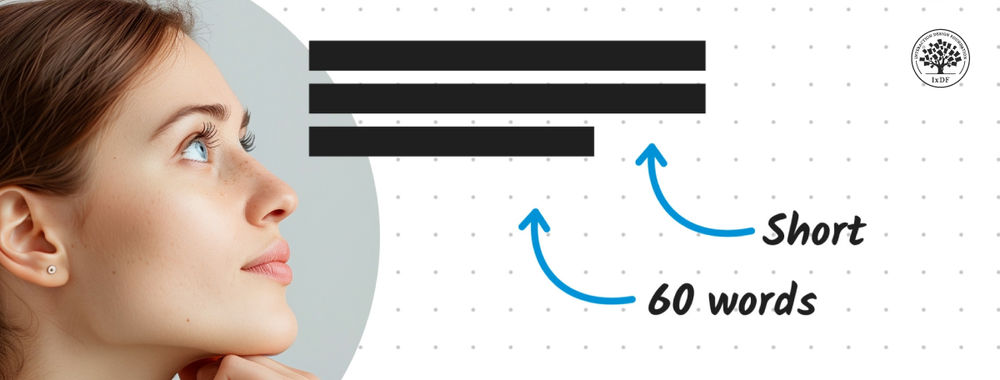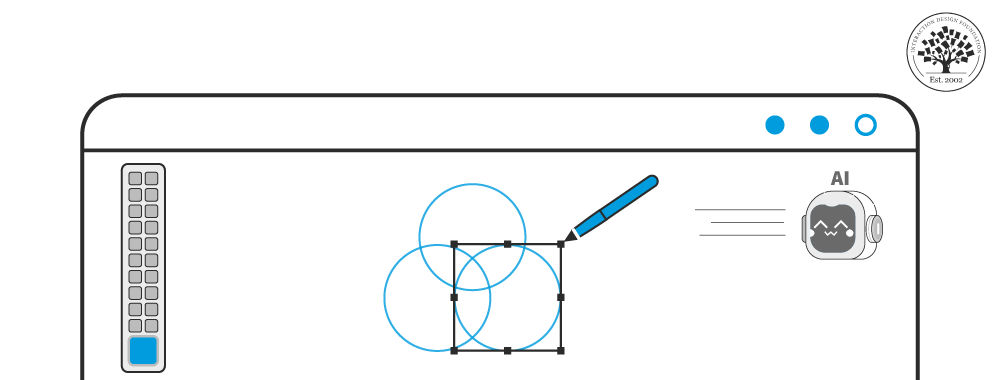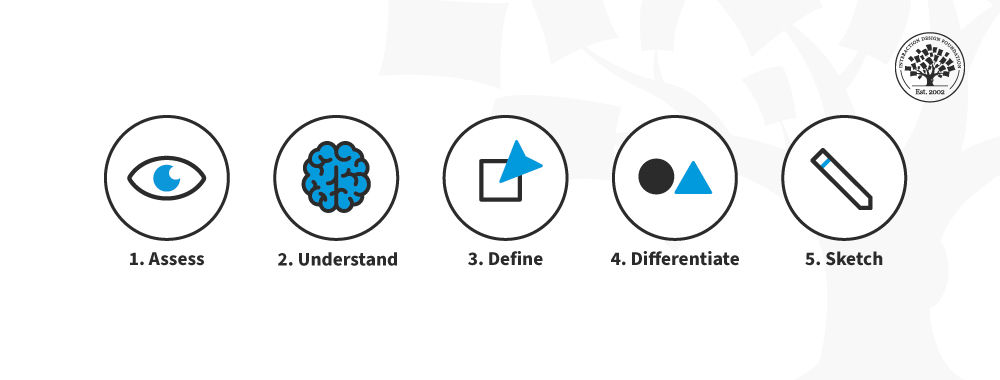It’s very easy to leap into the field of “User Experience” without ever taking so much as a minute to look at the word “experience”. It’s such a familiar word that we can struggle to articulate what it means even while we know exactly what it means to us.
There are in fact several classic types of experience (though it can and should be argued that some of these overlap when they occur in “real life”). Let’s take a quick look at them:
Physical Experience
The physical experience depends on a change in the objects we interact with or in the environment where we are interacting. In general, you would expect to be able to observe a physical experience relatively easily.
Mental Experience
This is far more complex than physical experience. Mental experiences involve intellect, awareness, thought, emotion, memories, previous experiences, will, and imagination. It would be fair to say that in many cases two participants in the same event will have very different mental experiences of that event.

Emotional Experiences
Emotional experiences are a subgroup of mental experiences. How does falling in love feel to you? Is it the same as it feels to me? Are we likely to be more or less empathetic with those who experience emotions in a similar manner to us? Emotional experiences are complex and can very much shape the way we perceive an event.
Spiritual and Religious Experiences
This is an incredibly complex area of human experience. Some of us are not spiritual in nature at all and thus never really have such an experience. For others spirituality is wrapped in religion, and for others they may consider themselves deeply spiritual people without ever so much as considering religion.

Social Experiences
If you saw me on the street and I just cleared my throat and spat on the ground next to you; how would you feel? If the answer is “unsurprised” you are probably from Mainland China where this is a common habit and culturally unsurprising. In much of the rest of the world “disgust” would be nearer to the mark. Our culture and society can very much shape the way we experience certain events.
Virtual or Simulated Experiences
If you play video games, like me, then you will be intensely familiar with experiences that are not real (at least in any meaningful way) they can still feel very much real. Virtual experiences are perceived in a different way to many real-life experiences but the experience is still relevant to the person undergoing that experience.
Other Factors of Experience
It’s also important to realize that there are other ways to experience events that can make our experiences very different too.
Immediacy of Experience

If you have “first-hand experience” then you were there when the event took place. It can be very useful when investigating something to get someone’s first-hand account of what took place but… it’s also well known that first-hand accounts are often biased by the individual’s perceptions (have another look at the ways we experience things – this should come as no surprise).
You can also have “second-hand experience” by going through recordings, testimonies, written records, etc. relating to an event.
We should be mistrustful of “third-hand experience” where we rely on rumour and gossip to inform us about an event.
Subjectivity of Experiences
All experience is subjective, even physical experiences vary from individual to individual, and it is important to recognize that our users are not uniform. They will bring their own realities to our products and their own capabilities. You can’t please all of the people, all of the time.
References
Popper, Karl R.; Eccles, John C. (1977). The self and its brain. Berlin: Springer International. ISBN 3-540-08307-3
Paloutzian, Raymond F.; Park, Crystal L., Handbook of the psychology of religion and spirituality, New York: Guilford Press, ISBN 978-1-57230-922-7
Brown, Nina W. (2003) [1998]. Psychoeducational groups: process and practice (2 ed.). Routledge. ISBN 978-0-415-94602-5.
Nowotny, Helga; Plaice, Neville (1996). Time: The Modern and Postmodern Experience. Wiley-Blackwell. ISBN 978-0-7456-1837-1
Images
Header Image: Author/Copyright holder: Impatient Designer. Copyright terms and licence: All rights reserved. Img
